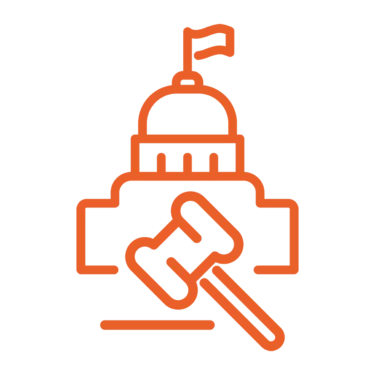The National Council for Mental Wellbeing Consulting Team is your partner in change, committed to supporting excellence across the field.
View Our Consulting OfferingsWorking to ensure that mental wellbeing is a reality for everyone.
Our Vision & Values
-
Event NatCon25
Don’t miss the biggest event in behavioral health care! Register today to lock in the lowest rate.
-
-
-
-
How You Can Get Involved
94%
National Council advocacy has reached 94% of the US Congress in the past 12 months.
4 Million+
We have trained over 4 million people across the country to support their peers, colleagues and loved ones with Mental Health First Aid.
3,100
We have more than 3,100 member organizations and are growing. Our efforts serve to amplify yours.
This course teaches you how to identify, understand and respond to signs of mental health and substance use challenges.
Learn How to #BeTheDifference
